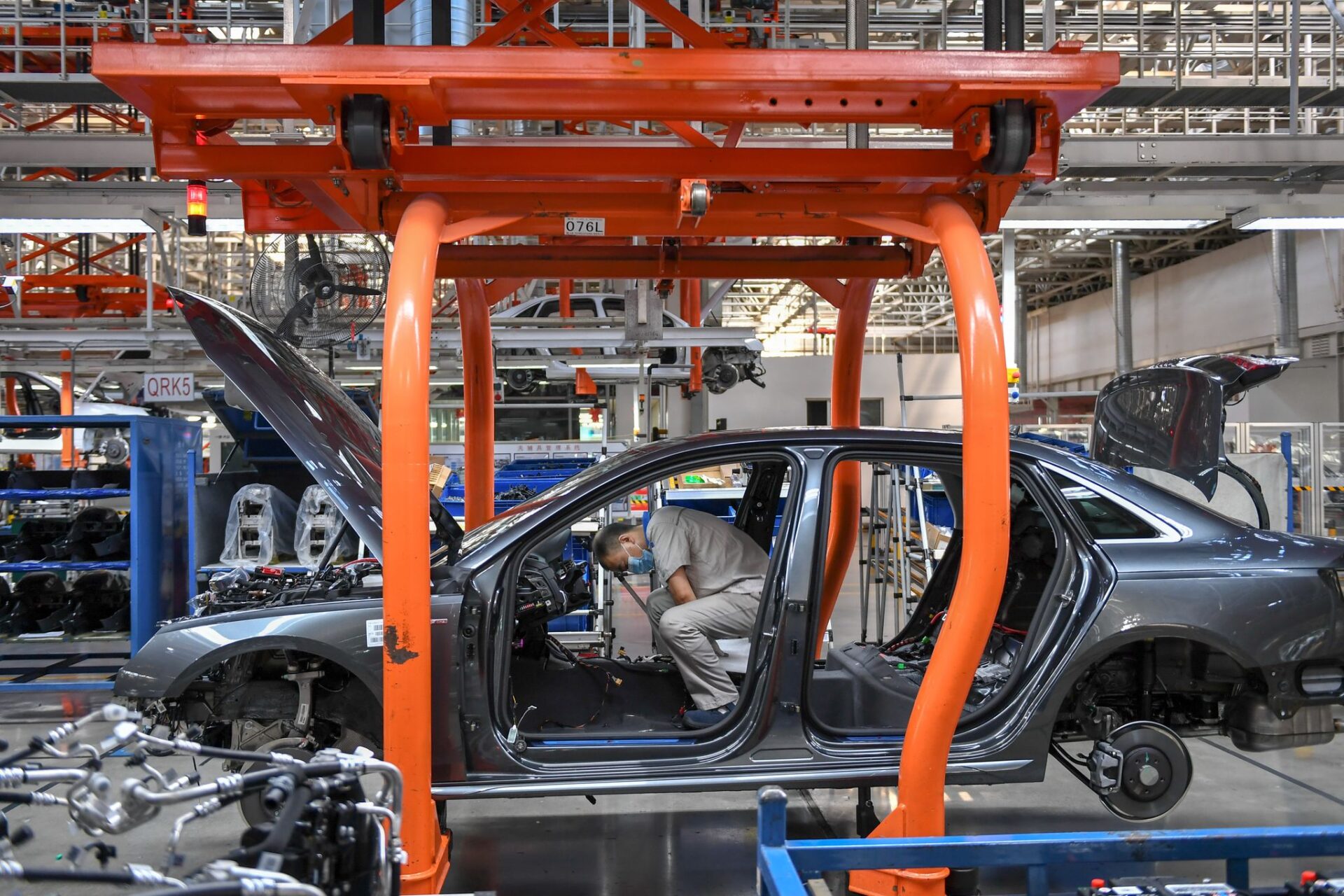Brussels – The European Commission (EC) has initiated strategic talks on the future of the automotive industry, led by EC President Ursula von der Leyen. Today’s discussion was attended by 22 key players from the automotive sector, such as Renault, Volvo, Volkswagen, and Valeo, the EU executive reported. European Commissioner for Transport Apostolos Tzitzikostas has also been tasked with developing an action plan for the automotive industry, which is expected to be published on March 5. Representatives of the Czech government party ODS preemptively criticized the dialogue, claiming that key sector representatives were not involved.
“The European automotive industry is at a critical juncture, and we recognize the challenges it faces. That is why we are acting swiftly to address them,” said von der Leyen. “The fundamental question we must collectively answer is what we still lack to unleash the innovative power of our companies and ensure a robust and sustainable automotive sector,” she added.
“On Thursday, the commission is finally holding the long-promised dialogue on the future of automotive. That is a good thing in itself, but I am concerned that the format and composition might cause more problems than benefits,” wrote Czech MEP Alexandr Vondra (ODS) from the Conservative and Reformist group (ECR) on Twitter. “On one hand, there’s the tactically questionable invitation to Chinese (Volvo) and American (Tesla) carmakers and a radical green NGO, while some significant players are missing. The French and Germans dominate. It seems more like a PR stunt before the German elections than a serious attempt to save the automotive industry in Europe. We may be positively surprised,” he added.
“Today’s meeting of top automotive company leaders with the commission seems to me like the first stage, which should lead to concrete steps by early March. We have proposed the strategic dialogue with the automotive industry on behalf of our EPP group, and I am glad it has become a reality,” Danuše Nerudová (STAN) told ČTK. “While some parts of the published compass unfortunately lack concreteness, this does not apply in the area of regulatory changes important for the automotive industry. The commission intends to maintain the goal of reducing emissions and thus fuel consumption, which applies from this year, but increased flexibility is on the table in its assessment. This perfectly matches the stance I have pushed with colleagues in our group, such as evaluating target achievement at longer intervals,” said Czech MEP Luděk Niedermayer (TOP09), also from the EPP group. Together with Nerudová, he participated in recent meetings with representatives of major European carmakers. “For 2035, rules need to be supplemented with additional pathways to achieve ‘clean mobility’, including the possibility of using synthetic fuels in combustion engines. This also perfectly aligns with my stance on this regulation,” added Niedermayer. (January 30)
 go to the original language article
go to the original language article
